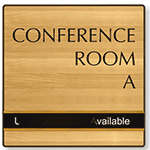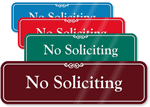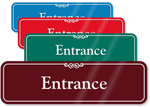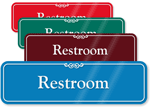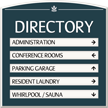Are outdoor offices too open for workers?
How often have you looked outside your window at work and wished you could be out in the open rather than cooped up inside? If architects Ju Hyun-Kim and Euno Cho have their way, you could be working at an outdoor cafe table instead of a cubicle.
In Hyun-Kim and Cho’s vision for a truly open outdoor office, employees would choose where they want to sit everyday, meetings would take place in glass-enclosed conference spaces, and everyone would reap the benefits of good old-fashioned sunshine.
While the natural light and greenery would soothe your eyes, there are some practical considerations. Charging the devices which are essential for work might be a challenge. And, while you might enjoy sitting outdoors for a bit, putting in a full work day on an outdoor folding chair might see your rear protest.
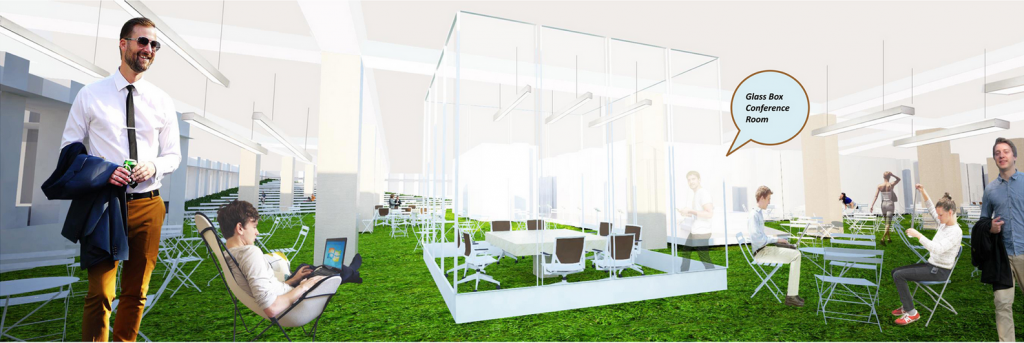
A public, collaborative space envisioned by Ju Hyun Kim Architecture
The disadvantages of open offices
Although many believe that hot-desking, a concept in which employees outnumber desks and there are no assigned seats, encourages collaboration between departments and stimulates creativity, not all workers are fans of this concept. “It can take 20 minutes to get set up in the morning. Every docking station is slightly different which means by the time you have got everything you need from your locker, got your laptop set up and got your screen and keyboard working you’ve already wasted at least a quarter of an hour,” says a banking professional.
Even though workers can theoretically sit anywhere, in practice many choose a spot and stick to it, according to another employee. He also points out that “you could always just grab a meeting room in a normal office” for brainstorming, rather than waiting for it to happen at your desk.
“When you’re at your desk you’re just working,” he continues, so frequent interruptions could actually be a distraction. Studies reveal that employees in cubicles get 29 percent more interruptions than those in private offices. The result? Employees who are interrupted more see a 9 percent rise in exhaustion.
Open office health effects
Workers also fall sick more often. “All you need is one person to get sick, then by changing desks everyday they act almost like a Typhoid Mary,” says the banking professional. Studies support her claim. Workers in open office take 62 percent more sick leave than those in private offices.
Studies have shown that noise impedes performance, and open offices are noisy. The loss of privacy may also impede job performance, as physical barriers are connected to psychological privacy and a sense of privacy improves work performance.
Advantages of open offices
Why, then, are seven of ten offices open ones? Well, cost effectiveness is the primary reason. Additionally, some companies do find them effective for collaboration, as we mentioned earlier. Perhaps innovative furniture which creates some privacy in open offices could be a happy compromise.
Category: New Products, Office courtesy



